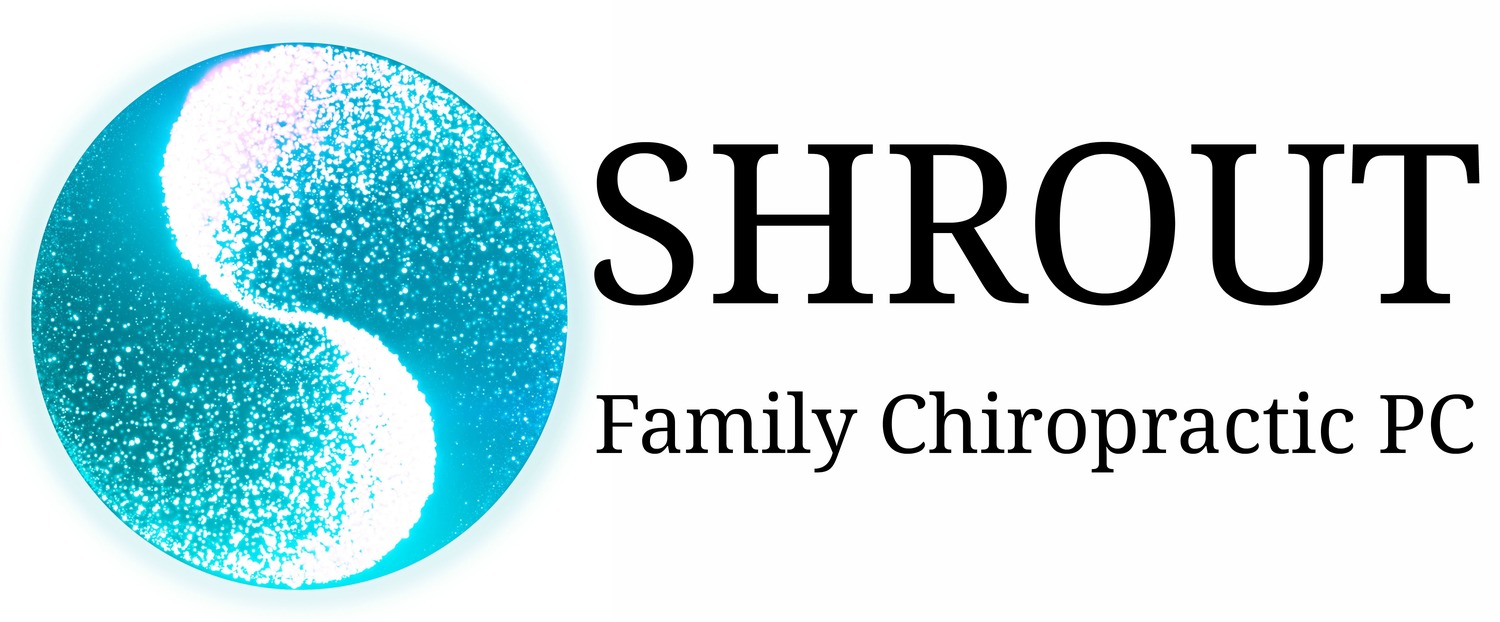We are in the middle of a crisis in healthcare. Costs are skyrocketing, insurance is covering less, and most of us are still just getting sicker. Somewhere along the line, we allowed our medical system to become focused on sickness care rather than health care. We wait until we have an advanced condition before we seek care, and that care consists of invasive drugs or surgery. Much of the time, these interventions are little more than band-aids for symptoms that the underlying conditions are causing. When these interventions cause side effects we cover those up with more interventions that cause other side effects and the cycle goes on an on. This is an unsustainable system. We are spending more and getting less. The American Diabetes Association estimates that the cost of diabetes care in 2017 was $327 billion, which is up from $245 billion in 2012. And the trend is unlikely to reverse considering that in that same time frame, the incidence of diabetes in people under age 20 increased from about 20,000 to about 193,000. We simply cannot afford to continue with this philosophy.
That is where the answer to the question I posed in the title comes in. Functional Medicine is a different way of thinking about healthcare. It focuses on prevention and achieving optimal health versus simply disease care. As in the example of diabetes above, many chronic conditions that we suffer with are preventable. Functional Medicine philosophy uses diet and lifestyle changes, as well as individualized supplementation to help reverse or prevent the onset of chronic disease. We do not chase symptoms, we look for the root cause and work to fix it. We do this in an extremely individualized way. Every patient has different genetics, different environmental stimuli, different daily challenges and so on. A cookie cutter approach to their health will not be effective.
So how does Functional Medicine accomplish these goals? It all starts with the approach to the patient. We spend more time with patients that is typical in healthcare. This is the only way to get a full picture of the health challenges and goals of each patient. We also interpret labs differently, focusing on optimal levels versus disease levels. Functional Medicine practitioners use more advanced, detailed labs as well. For example, conventional labs will measure hormone levels on a hormone panel, but a functional lab measures those levels as well as the levels of metabolites of those hormones. This gives us information into the detox capacity of the body and tells us if the hormones are being metabolized to more risky by products. So with one test we are getting information on multiple body systems, rather than just a number on a page. Through the labs and the information we obtain from the time we spend with patients, we can then identify lifestyle and nutritional solutions to reverse and prevent the chronic issue the patient is dealing with.
To me, the best thing about Functional Medicine is the focus on the patient rather than the condition. We have had many patients come to us for skin conditions like eczema and helping to heal their gut resolved the skin condition. They had been on multiple creams and drugs to help with the eczema with only minor relief. We didn't treat the eczema, we supported gut health. These body system connections are what is missing in healthcare today. That is why we need Functional Medicine and that is why I believe it is the future of healthcare. So if you suffer from chronic fatigue, chronic pain, depression, anxiety, allergies, asthma, weight loss challenges, gastrointestinal distress (GERD, reflux, irritable bowel, diarrhea, constipation, bloating), hormonal imbalances, fertility issues, blood sugar dysfunction (diabetes, pre-diabetes, insulin resistance) and many more chronic health issues I hope you consider trying Functional Medicine.
We are here to help you take control of your health. Click here or call 317-817-WELL(9355) to contact us for an appointment. We can also do appointments online via a secure telemedicine app so we can see patients from anywhere in the world.
*The content of this article is for educational purposes only and is not intended to take the place of medical advice. Please discuss your condition with your healthcare provider before using any of the above information on your own. Everyone is different, even if they share similar symptoms, so it is important to treat medical conditions under the direct guidance of a medical professional.
